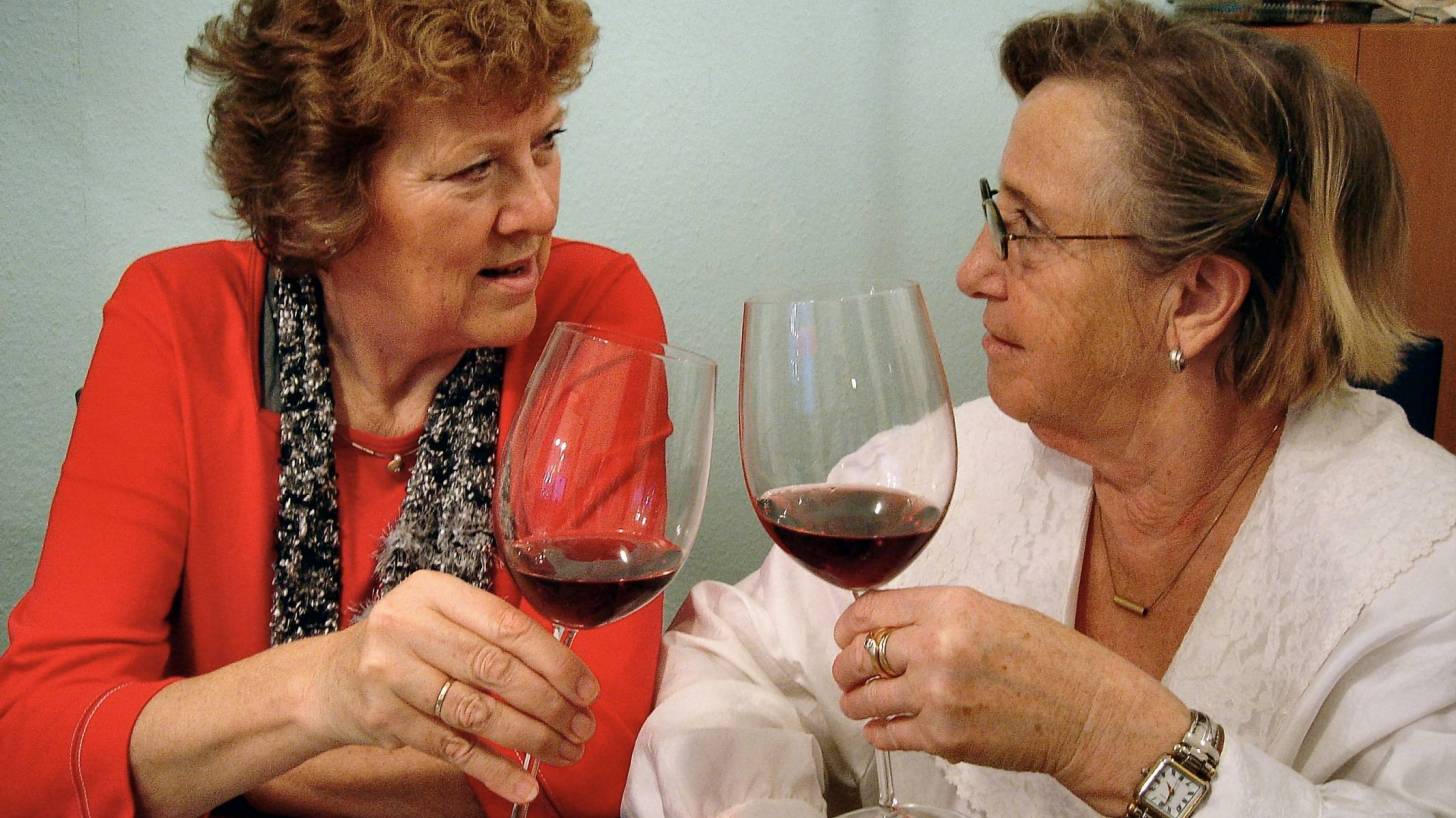Poxviruses Don’t Mix With National Wine Day

While many people will celebrate National Wine Day with a glass of red Bordeaux, new research says an ingredient in the wine could solve the poxvirus riddle.
‘The secret to stopping some viruses from making people sick might be hidden in red wine, but that doesn't mean consuming more vino is in order,’ Kansas State University researchers say.
"Resveratrol is a small, natural compound in many plants like grapes, cocoa beans, peanuts, and blueberries," said Shuai Cao, a postdoctoral researcher studying the effects of resveratrol on viruses.
"Our recent study found that high concentrations of resveratrol — higher than anything you may find in food naturally — prevent poxviruses from replicating in human cells."
The researchers added resveratrol at varying intensities to human cell cultures infected by vaccinia virus, a cousin to the highly dangerous variola virus that causes smallpox.
“Used as the vaccine to eradicate smallpox, vaccinia virus provides a good model of how viruses work without the danger,” Cao said.
“The cell cultures with high levels of resveratrol prevented vaccinia from replicating in the early stages of the viral infection, which stops the virus from spreading.”
"Our research has shown that resveratrol inhibits vaccinia virus from making copies of its DNA and genome."
These Kansas State University researchers recorded resveratrol's success with vaccinia and collaborated with researchers at the CDC to perform similar experiments with monkeypox.
Monkeypox is a contagious and deadly virus to humans that has caused periodic disease outbreaks in Africa.
“Resveratrol had the same effect with monkeypox, which means that it has a good chance of inhibiting all poxviruses,” Cao said.
"There are many poxviruses that infect many species and they share similar mechanisms to replicate their DNA," Cao said.
"Resveratrol works to inhibit replication in two of them — the vaccinia virus and monkeypox — so it should be able to inhibit other poxviruses as well."
"Many of the viruses can cause significant loss — economic or healthwise — but vaccinia can be used for good such as a gene carrier in gene therapy and cancer treatment," said Cao.
Our Trust Standards: Medical Advisory Committee

